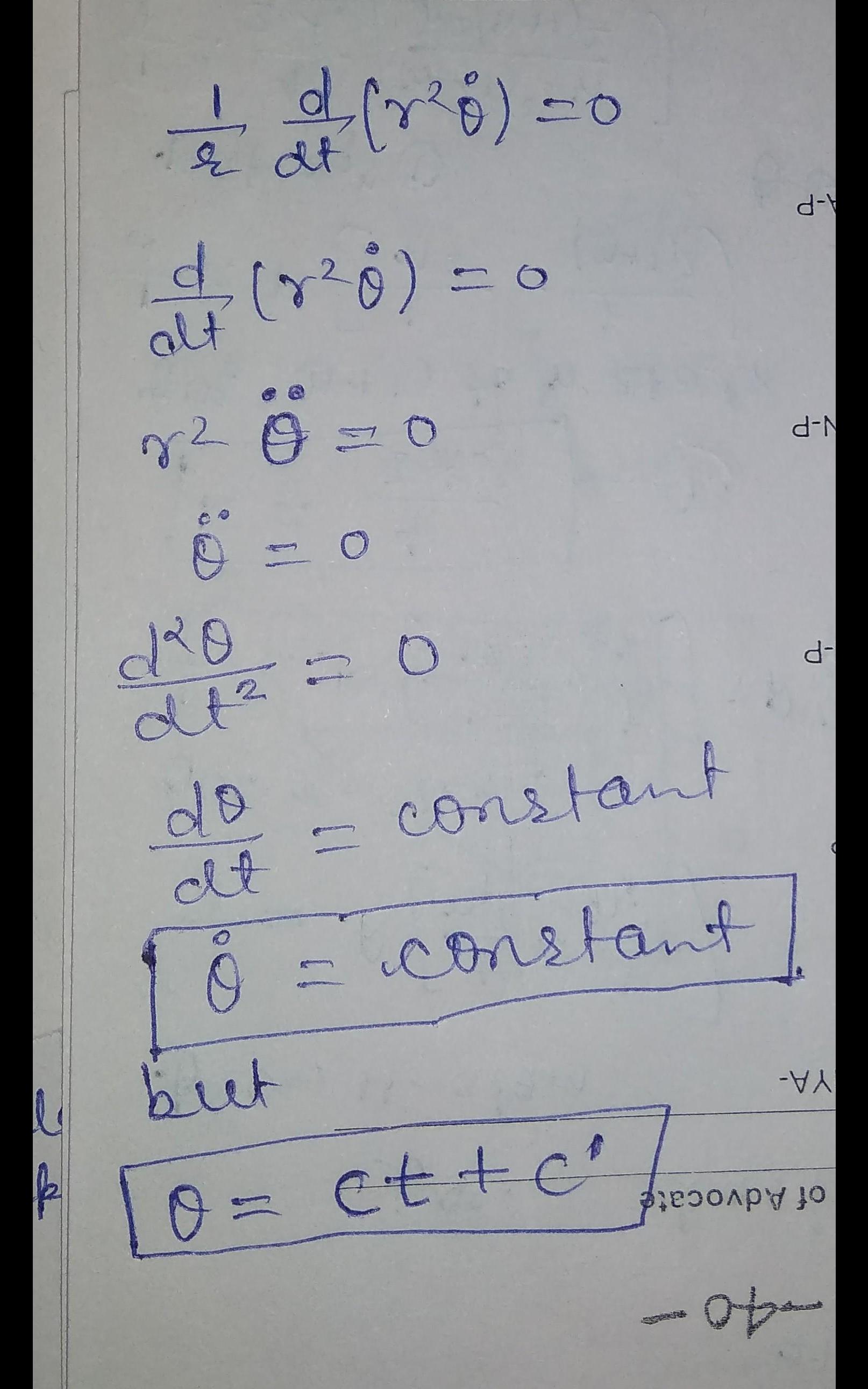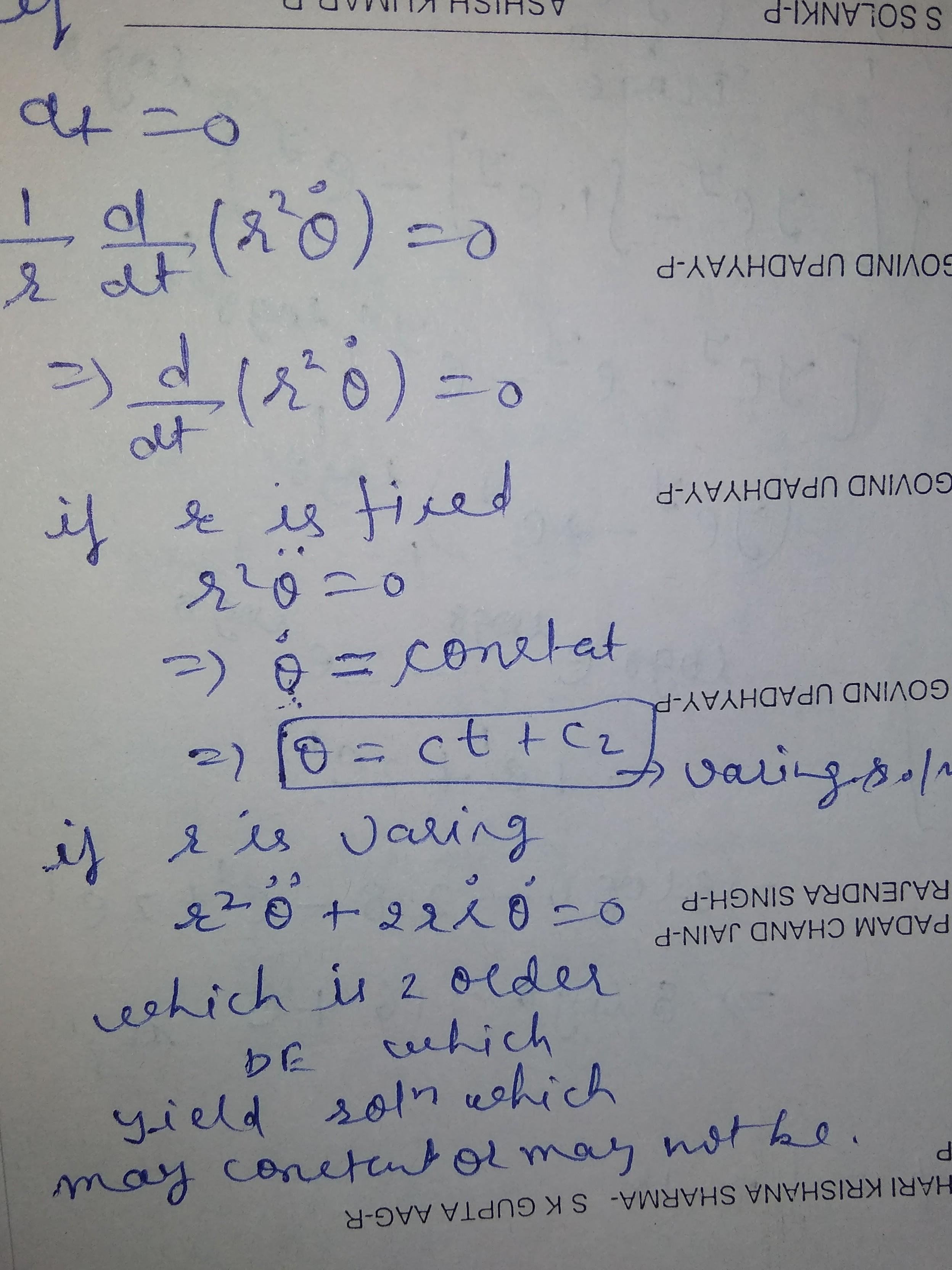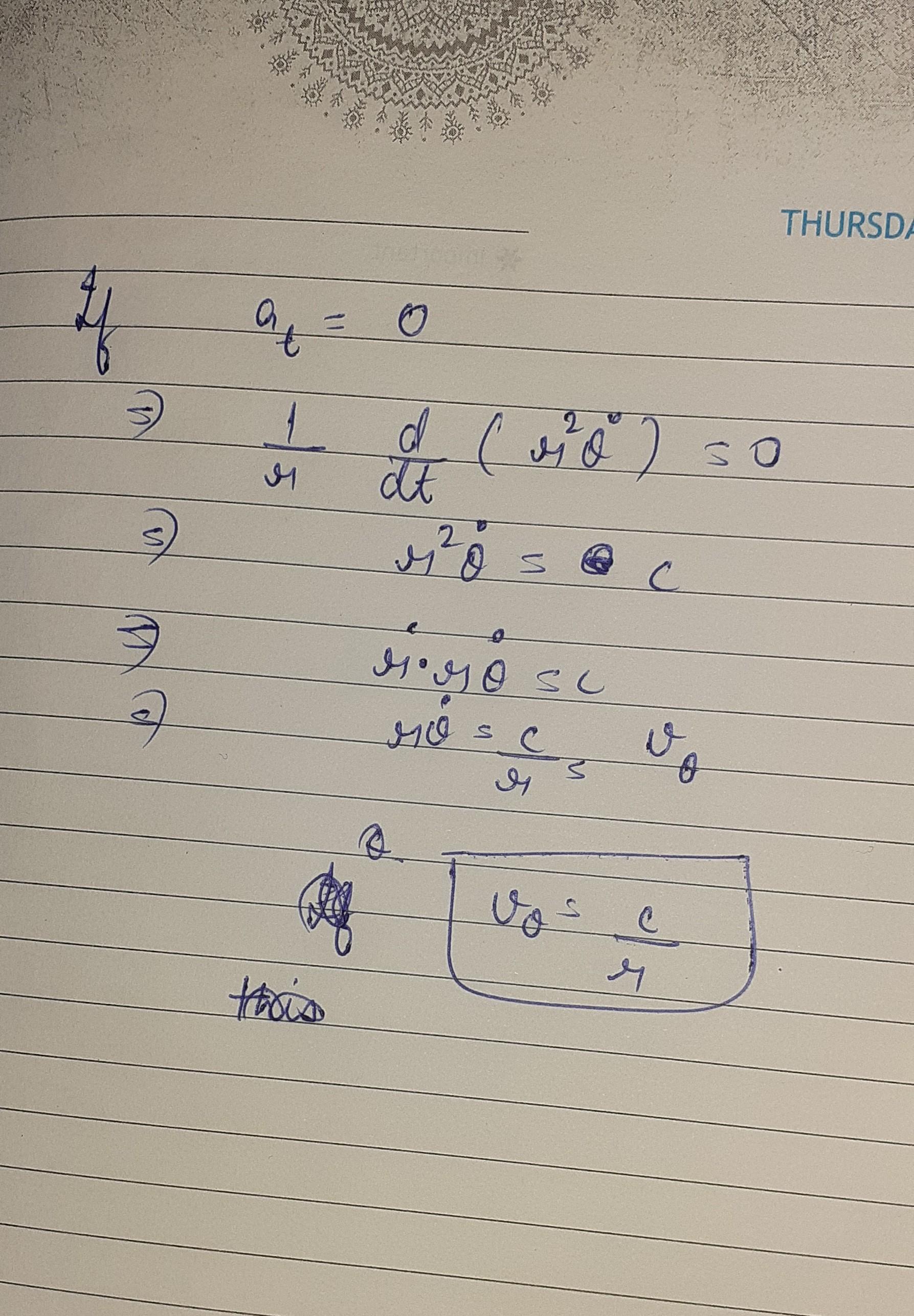Time management is very much important in IIT JAM. The eduncle test series for IIT JAM Mathematical Statistics helped me a lot in this portion. I am very thankful to the test series I bought from eduncle.
Nilanjan Bhowmick AIR 3, CSIR NET (Earth Science)- IIT JAM
- Physics (PH)
If transverse acceleration is zero,will transverse velocity be constant
if transverse acceleration is zero,will transverse velocity be constant
- 0 Likes
- 10 Comments
- 0 Shares
-
![comment-profile-img]() >
>
Abhishek singh
Can you please elaborate the question? Just specify which transverse acceleration you are talking about. Because in waves it has different meanings. and for central forces, it has another meaning.
![eduncle-logo-app]()
well I'm studying kinematics so...
![eduncle-logo-app]()
can you post the picture from your notes or book or any question, where you got stuck? so that it would be easy for us to clarify your doubts!
![eduncle-logo-app]()
yes I did
-
Riya Kothari
That's what I was asking.
-
![comment-profile-img]() >
>
Dhairya sharma
i apologize for misconception
-
![comment-profile-img]() >
>
-
![comment-profile-img]() >
>
Dhairya sharma
now i hope finally it's clear
-
![comment-profile-img]() >
>
-
![comment-profile-img]() >
>
![eduncle-logo-app]()
no this is wrong because if r is fixed then rsquare*dtheta/dt is constant and not zero.
![eduncle-logo-app]()
yes i gave both situation if this it will be like this.....bcoz some dynamic system it may chnz.
![eduncle-logo-app]()
if our condition is that r is. fixwd then we go with first case like polar cordinate system.
![eduncle-logo-app]()
yes sorry I got it wrong. But if only consider the first case, will it be constant? I'm asking this becasluse it varies with time now but in the question it is not given if they are asking for at a particular time or not.
![eduncle-logo-app]()
yes dear in this case it should vary with time.
![eduncle-logo-app]()
in first i answered according to radial or general acceleration that v = constant or constant may be zero like that but in this case u r ri8.
![eduncle-logo-app]()
but we need to answer for transverse velocity and not theta. you have given the value of theta correctly and considering that value (in the first case) ,transverse velocity will eventually be constant right?
![eduncle-logo-app]()
yes, actually it's the angular velocity which is varying.
![eduncle-logo-app]()
not the radial ......radial part still independent of time se we got in first case.
![eduncle-logo-app]()
no I never talked about radial part though. But since you yourself wrote that angular velocity is constant in your attachment, how is it varying
![eduncle-logo-app]()
see the eqn i provided .....again . if we will say all over velocity = redial + angular. but if we are talking about both parts saperately then one will vary which is angular and one won't which is radial. so all over velocity will be fxn of time if we are not dealing them saoerately.
![eduncle-logo-app]()
Sorry Ma'am but I'm not satisfied
![eduncle-logo-app]()
see the conclusion is that velocity will be fxn of time that's it. if it is confusing radial and angular part skip that.
![eduncle-logo-app]()
mam my only question is (talking bout angular velocity only) , if we derived that theta is a function of time, then by differentiating it , we get a constant. that means transverse velocity is constant.
![eduncle-logo-app]()
no dear look i'm attatching again.
-
![comment-profile-img]() >
>
Do You Want Better RANK in Your Exam?
Start Your Preparations with Eduncle’s FREE Study Material
- Updated Syllabus, Paper Pattern & Full Exam Details
- Sample Theory of Most Important Topic
- Model Test Paper with Detailed Solutions
- Last 5 Years Question Papers & Answers
Sign Up to Download FREE Study Material Worth Rs. 500/-










 >
>

 >
>











Riya Kothari
this is the question
option B should be correct! if it is given so, do let me know. I will explain to you.
please explain